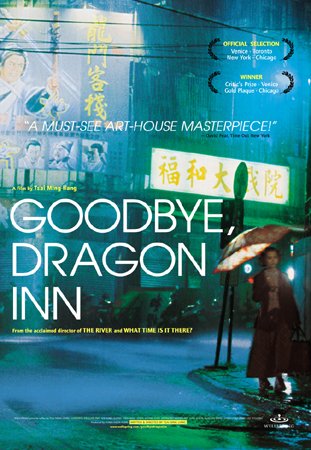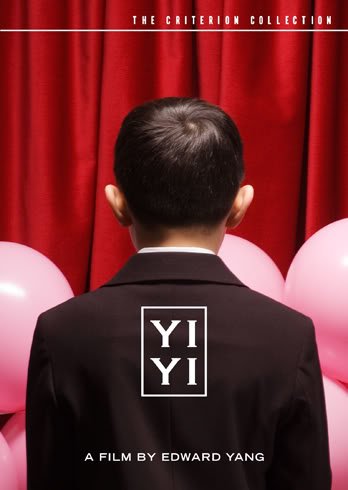Fuben na Benriya; or, Handymen to the Rescue!
When the coal mine was closed, a lot of people left this
town. It’s easy to say that it was the flow of the time. But it was brutal. Our
life became convenient and ambiguity was gone. But that means that the world of
fantasy is invaded. I’m worrying that people may stop dreaming before very long
I remember trying to check out Fuben na Benriya drama (literally
Inconvenient Handymen) about two years ago, but I had to drop it because of
technical difficulties. Finally, I managed to find all 13 episodes and I
binge-watched them from beginning to the end. Having expected a peaceful
asadora-type of show, I was pleasantly surprised that Fuben na Benriya is so much more than
that!
Release Info
Directed by: Takayuki Suzui Starring: Masaki Okada, Kenichi Endo, Kosuke Suzuki
Language: Japanese Original Title: 不便な便利屋 No. of eps.: 12 + SP
Synopsis
Jun Takeyama (Masaki Okada) is a young scriptwriter from
Tokyo who travels to the city of Furano (located in Hokkaido Prefecture).
However, the bus stops in a nameless village because of a snow storm. Jun tries
to find a place to wait out the storm, but the local hotel is closed. He walks
into a bar and, surprisingly, all attendees ask him his name. When Jun confirms
his name, everyone becomes ecstatic. It turns out that a man called Batsu
(Kenichi Endo) has been searching for his missing son who is
called Jun for 23 years. Jun the screenwriter denies any kind of blood relation, but he
gladly joins the party and, consequently, wakes up the other day without his down jacket
and cell phone. On top of that, he can’t leave the village because of the
storm. He is forced to stay with two men who run the handyman business, the
aforementioned Batsu and Matsui (Kosuke Suzuki).
In the middle of nowhere
To be honest, the reason why I picked this drama was because
of Kenichi Endo and Kosuke Suzuki in the leading roles (Doctor X, people!).
Nevertheless, Masaki Okada totally won me over with his exaggerated
expressions! From the synopsis, you may think that Fuben na Benriya is boring
drama, but it’s nothing like that. It is a touching comedy about three guys who
try to do something positive for a small town.
Each episode begins with Jun writing a letter to his mom.
Then, some kind of a conflict or misunderstanding happens (be it the arrival of
a stranger or unconfirmed rumour). Jun, due to his wild imagination of a
scriptwriter, is the first to jump to conclusions, which leads to disastrous
(and hilarious!) consequences. At the very end of each story, Jun almost always
ends up being in some kind of uncomfortable indisposition.
I particularly liked the subplots of Jun, Batsu, and Matsui,
but the drama is riddled with many side stories focusing on the citizens of a
small town. One may feel that this is slice of life, but these stories always
end in a quirky way (for example, Yuki-onna episode!).
On top of that, I feel in love with the location. I have no
idea where the crew shot the drama but it must have been somewhere in Hokkaido
(actually, Hokkaido’s famous landmarks are featured in one of the episodes). In
addition, the winter atmosphere is simply irreplaceable! The house of Matsui and
Batsu is also outstanding! In my opinion, it resembles Tigger’s tree house
from The New Adventures of Winnie the Pooh.
I do not want to get into the spoilers area, but let me just
say the ending was bittersweet rather than happy. The last episode tackled some
really serious issues, but also moved me incredibly. There was also a SP
released in 2016, but it has not been translated to date. From my rudimentary
knowledge of Japanese, I gathered that Jun came back to the village in order to
help out Matsui shot a short feature film for Sapporo Film Festival, but, as
always, things got a bit out of control.
With regard to performances, Masaki Okada literally steals
the show. He’s really good at comedy (Legal High!) and I think that he should
portray mature Detective Conan in the live-action version of the anime. Endo Kenichi
and Kosuke Suzuki are also wonderful. Due to Doctor X, I always associate these actors
with this medical drama whenever I see them, but as handymen they are nothing like the doctor
characters. Both of them give very heart-warming performances.
Recommendations
If you want a soothing drama with great visuals and off-the-wall
comedy elements, then Fuben na Benriya is the choice for you. Oh, did I mention
that during the making of this drama the real Guinness record was set for the
highest number of snowmen made in one hour (episode 11)?! To conclude, Fuben na
Benriya is a light and enjoyable drama. When you are in need, the handymen will
always help you out.
Overall score: 9/10


























